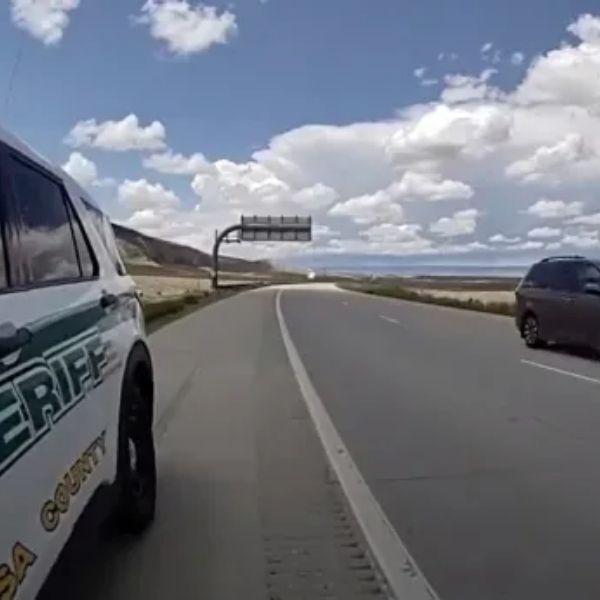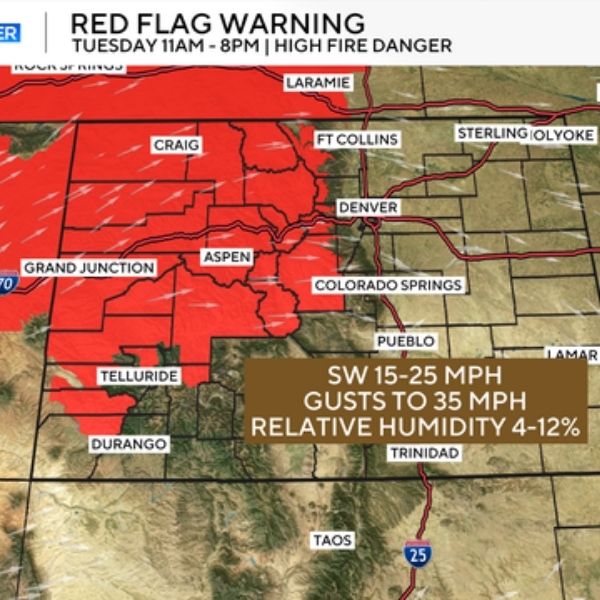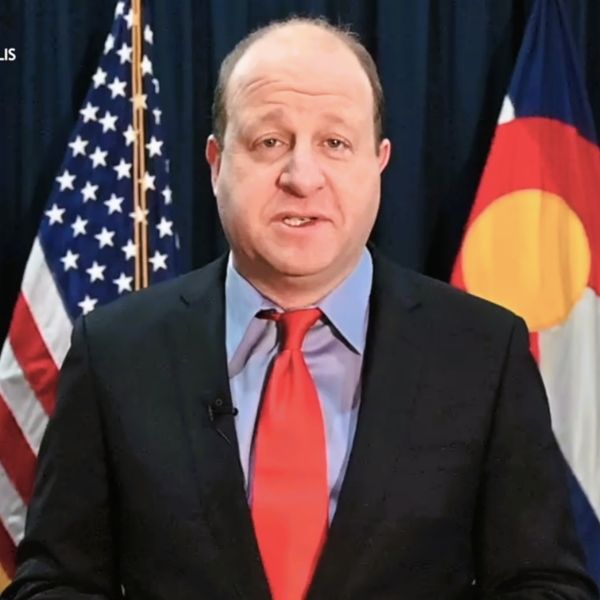DENVER (AP) – Two Colorado deputies have been disciplined for unlawfully aiding federal immigration agents—violating state law—and their sheriff says officers from other agencies may have done the same.
Deputy Alexander Zwinck was sued last week by Colorado Attorney General Phil Weiser after authorities discovered he had shared information with federal immigration agents during a drug task force investigation. The case came to light following the June arrest of a Brazilian college student with an expired visa.
An internal investigation also found that Deputy Erik Olson, another member of the Mesa County Sheriff’s Office task force, had communicated with federal agents. According to sheriff’s office records, both deputies used the encrypted app Signal to relay information.
Zwinck received a three-week unpaid suspension, and Olson was suspended for two weeks without pay. Both were removed from the task force. Additionally, two supervisors were disciplined—one suspended for two days, another given a letter of reprimand—while a third received counseling.
State Law Limits Local-Federal Immigration Cooperation
The disciplinary actions follow a broader push by Democratic-led states, including Colorado, to limit local involvement in federal immigration enforcement—especially in response to former President Donald Trump’s aggressive immigration crackdown.
Zwinck’s lawsuit stems from a new state law signed by Governor Jared Polis just two weeks before the student’s arrest. The law bans local government employees, including law enforcement, from sharing identifying information with federal immigration officials. Previously, this restriction only applied to state agencies.
The lawsuit is part of a growing legal and political conflict over immigration enforcement. The U.S. Department of Justice has sued other states, including Illinois and New York, over similar laws, arguing they interfere with federal authority.
Deputies Say They Were Following Past Procedures
Zwinck and Olson claimed they believed they were following long-standing protocols. However, records show they had received at least two emails reminding them not to share information with immigration authorities—the latest sent on January 30, 2025.
Zwinck said he wasn’t aware of the new law and didn’t see himself as involved in immigration enforcement. “I wanted to find drugs, guns, and bad guys,” he said at his July 23 disciplinary hearing, explaining that HSI agents helped provide real-time background checks during investigations.
Olson, a veteran of 18 years with the department, told the panel it was routine for ICE to follow up after traffic stops. “I truly thought what we were doing was condoned by our supervision and lawful,” he said.
Their attorney, Michael Lowe, has not commented publicly.
Dispute Between Sheriff and State AG
Sheriff Todd Rowell criticized Attorney General Weiser for suing Zwinck before the department’s internal review concluded. He also accused officers from other agencies, including the Colorado State Patrol, of sharing information with ICE—though the patrol has denied that claim.
Rowell argued the lawsuit sends a discouraging message to officers. “As it stands, the lawsuit filed by the Attorney General’s Office sends a demoralizing message… that the law may be wielded selectively and publicly for maximum political effect,” he said.
AG Weiser defended the action. “The attorney general has a duty to enforce state laws and protect Coloradans,” spokesperson Lawrence Pacheco said. “He’ll continue to do so.” Weiser also confirmed an ongoing investigation into whether other officers involved in the Signal chat violated the law.
This article has been carefully fact-checked by our editorial team to ensure accuracy and eliminate any misleading information. We are committed to maintaining the highest standards of integrity in our content.

Katie is a senior who has been on staff for three years. Her favorite type of stories to write is reviews and features. Katie’s favorite ice cream flavor is strawberry.















Leave a Reply